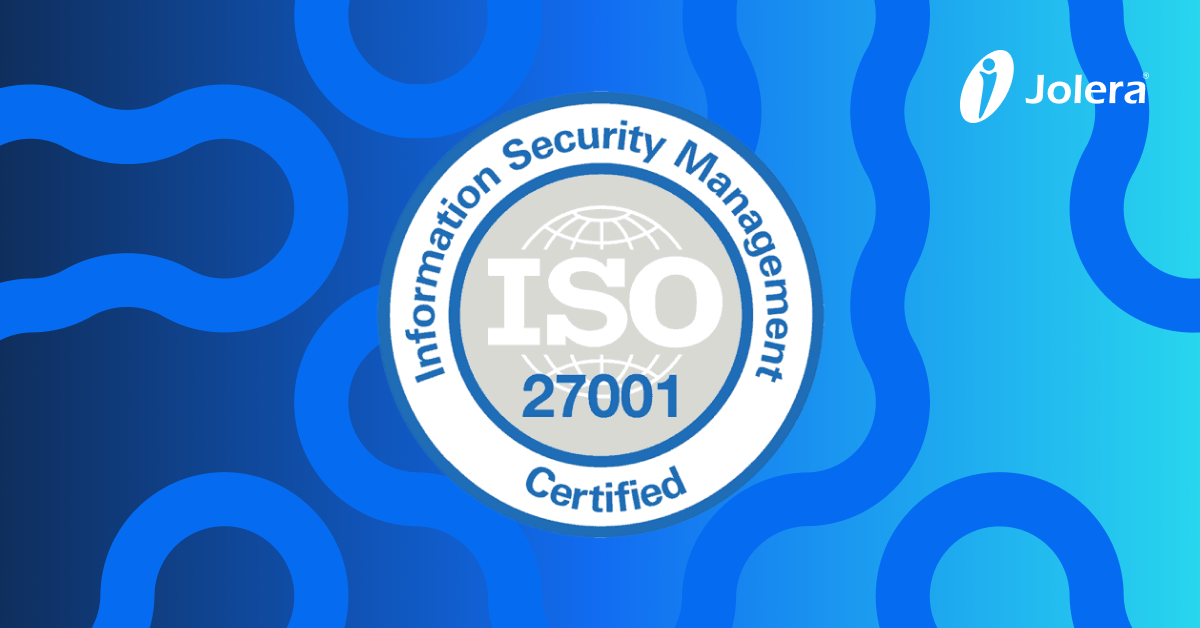By Paolo Del Nibletto
John Dathan, the senior vice president and general manager of Insight Canada, admitted that as the COVID-19 outbreak was occurring in China, he didn’t fathom at the time it would lead to a global lockdown and the rise of the remote worker. But as he and his team began to deal with this unique challenge, Dathan switched gears in their approach to the marketplace.
Dathan has been involved in the IT industry for over three decades, most recently as the vice president and general manager for Hewlett Packard Enterprise, Canada. He used this invaluable experience to guide his team at Insight Canada to serve customers as opposed to selling to them. Dathan got to work quickly to build a communication and marketing plan that would embrace Serve over Sell.
“Leaders have to be calm and collected to deliver the right intent. In my message to the team, I talked about Insight values of hunger, heart, harmony and of how. The operation has not changed, but we needed to go back to simple values. If you have that in place, people will make the right decisions. ‘Serve not Sell’ then becomes another layer to your value system,” he said. And, that is precisely what the Insight Canada team has done.
Recently, the Insight Canada team deployed an app for all teammates that remotely connects them to nurses and doctors. It has already paid some key dividends as the app was able to connect concerned parents of a newborn who was suddenly feeling sick to consult with the right doctor and nurse via open video chat. They were able to resolve the issue instead of risking the child going to the Emergency Room. The nurse then followed up with the parents the next day. This app provided peace of mind to the parents of this child, Dathan said.
The COVID-19 lockdown has led to many things, Dathan added. For one, he has spent more time in one place then he is ever had in his 30-year career. His desire to help the business community has gone to a new level, and he believes that the only way for the economy to rebound from this massive hit is by working together.
“To me, it’s interesting when people start to talk about ‘back to normal,’ and you need to put air-quotes when you say that. This is the new normal. Or it is going to become the new normal. People have been working from home for about 60 to 70 days now. The way video (conferencing) has played a role is fascinating. You can undoubtedly work wherever you are. The adoption of video in the last couple of months is the new norm. It has become truly collaborative with team huddles, social events and the ability to connect with people on a regular basis,” he said. He anticipates that traditional work hours of 9 to 5 or 8 to 4 will make way to a single stream of activity. “It’s going to be hard for someone to say ‘its 5 P.M.; I’m done for the day.'” On the flip say it will also be OK to inform co-workers and whomever you report to that you will not be available between 10 A.M. to 2 P.M., for example. Dathan believes there will be trust between staff and management and that companies will empower people to embrace this new working philosophy. “People are going to become comfortable with this, and there will be no more need to apologize because you have to take your kid to a pre-school ceremony,” Dathan added.
The COVID-19 pandemic has been challenging for Dathan, but he would not say it the biggest challenge he has faced during his career. That would be the decline of Nortel. “I found that to be personally harder. In many ways, this feels to be a positive (from an Insight Canada perspective as no one has contracted the virus in Canada.) This has been more of a rally with the team to work together to deal with issues and solve problems. To serve our clients while protecting our teammates. I would describe this as more complex, but not as more difficult.”





